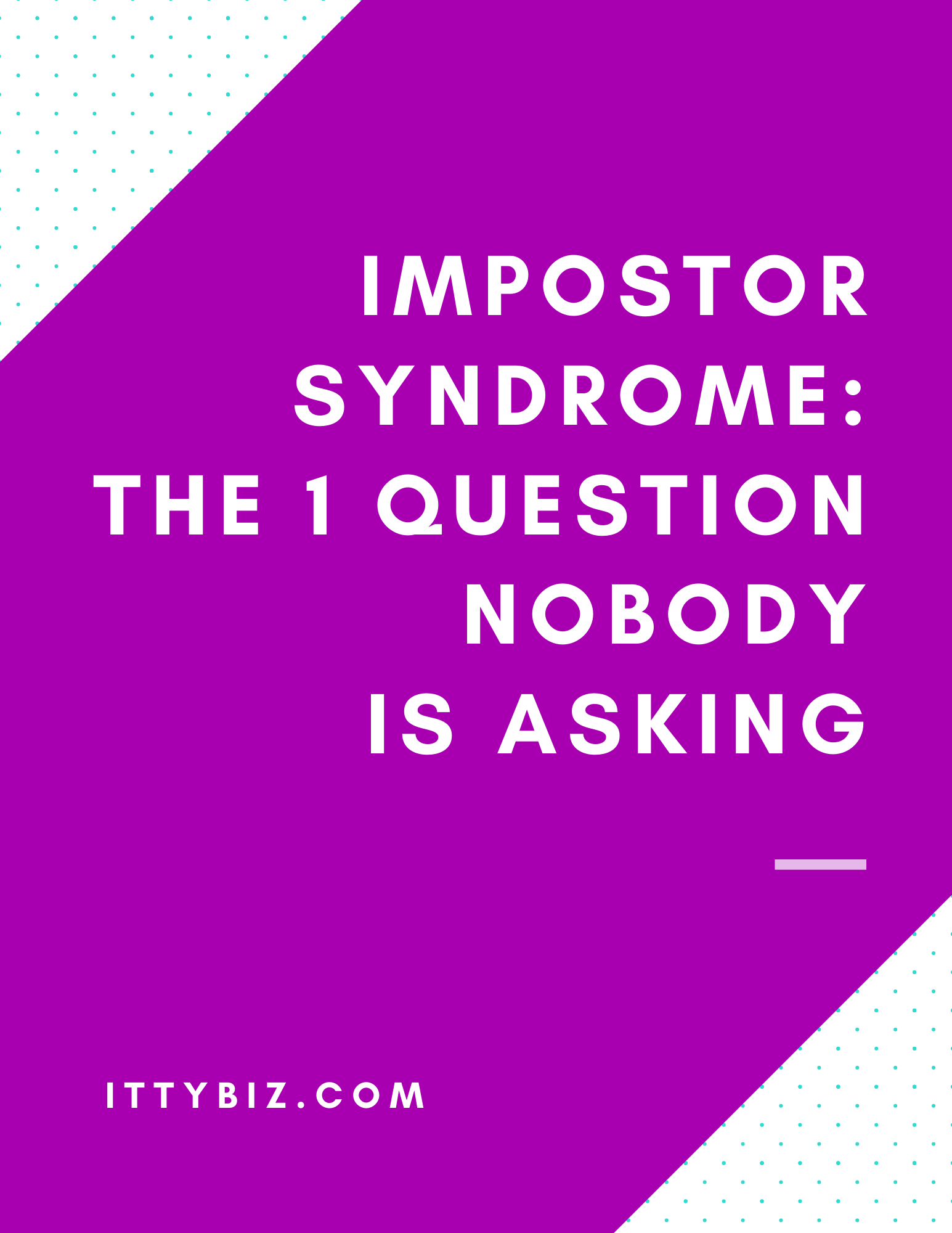The Science Behind Procrastination, Emotional Dependency, and Impostor Syndrome
The Science Behind Procrastination, Emotional Dependency, and Impostor Syndrome
Blog Article
In our daily lives, we often encounter psychological obstacles that affect our well-being and success. Among the most common como saber se eu tenho dependência emocional issues are procrastination, emotional dependency, and impostor syndrome. These problems not only disrupt personal and professional life, but understanding them is the first step to overcoming them.
In this article, you’ll discover what these issues are, how they develop, and effective strategies to manage them. With the right insights, you can enhance your mental clarity and achieve your goals with confidence.
The Definition and Causes of Procrastination
Procrastination refers to the act of delaying tasks that require immediate attention. It is commonly caused by fear of failure, perfectionism, or lack of motivation.

Studies reveal that procrastination is rooted in the brain’s preference for short-term rewards. Common causes include poor time management, low energy levels, and overwhelming workloads. Recognizing these triggers is essential to addressing the issue effectively.
What is Emotional Dependency?
Emotional dependency is characterized by a deep reliance on external relationships for a sense of security and happiness. While seeking connection is natural, excessive emotional dependency can harm both the individual and the relationship.
People with emotional dependency may struggle to make independent decisions. It is usually linked to early attachment patterns, such as a fear of abandonment or low self-esteem. Building self-awareness and working on personal growth can help foster healthier, more independent relationships.
What is Impostor Syndrome?
Impostor syndrome is the persistent belief that one’s success is undeserved. Despite evidence of competence, individuals with impostor syndrome doubt their own abilities.

This mindset results in anxiety and self-doubt, hindering personal and professional growth. Research suggests that addressing impostor syndrome requires acknowledging accomplishments, reframing negative thoughts, and seeking constructive feedback.
Practical Tips for Personal Growth
If you want to improve your habits and mindset, consider implementing the following strategies:
- For procrastination: Break tasks into smaller steps and practice time management strategies such as the Pomodoro Technique.
- For emotional dependency: Focus on building self-esteem through activities like self-reflection and personal growth exercises.
- For impostor syndrome: Keep a journal of your achievements and remind yourself of past accomplishments regularly.
Consistency is vital—practice these techniques daily to create long-term improvement.
Conclusion: Taking Charge of Your Mental Habits
These common psychological challenges don’t have to define your life. When you take proactive steps to address these issues, you set the stage for a more productive, confident, and fulfilling future.
Begin today—pick a single habit to focus on and apply it consistently. You’ll notice meaningful changes in how you approach challenges and opportunities.
Report this page